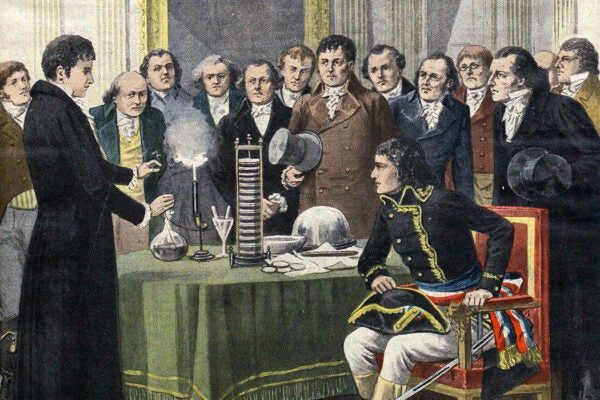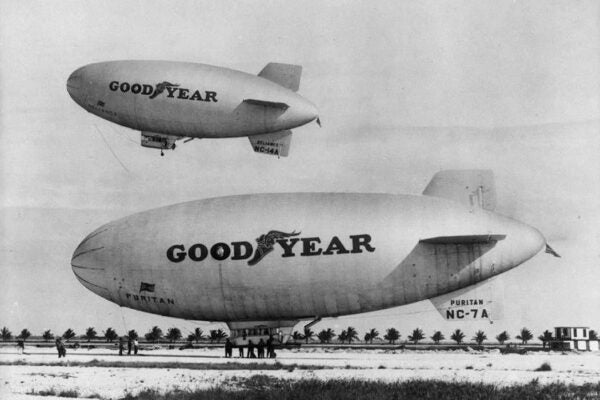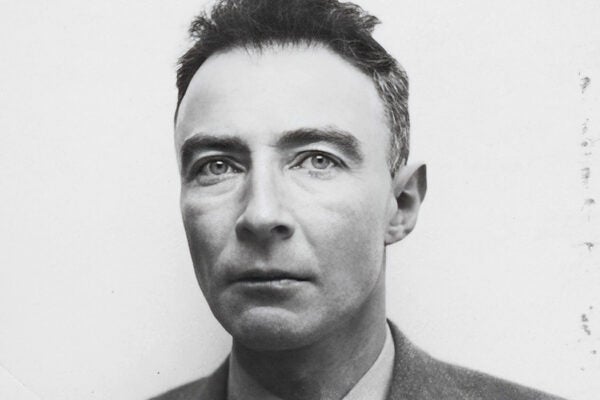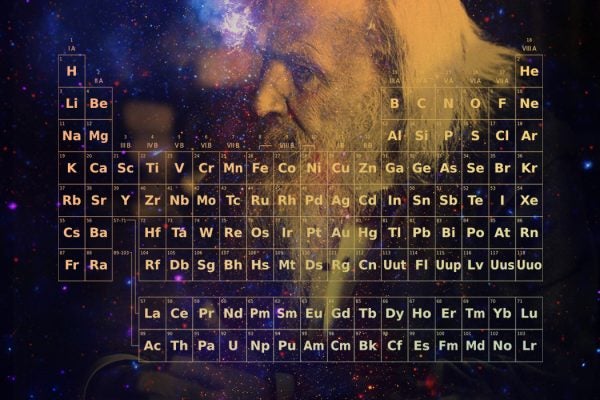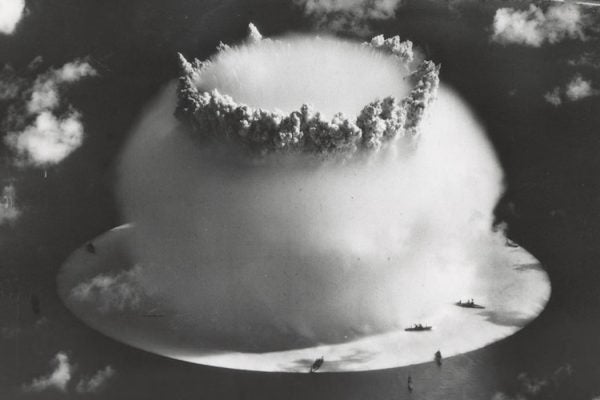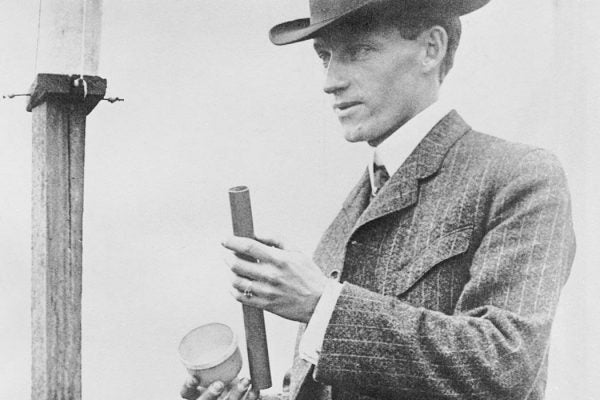Science in War, Science in Peace: The Origins of the NSF
The 1950 establishment of a federal agency devoted to space, physics, and more belied a cross-party consensus that such disciplines were vital to national interest.
Electric Fish and the First Battery
Allesandro Volta invented the voltaic pile, the earliest electric battery, in part because of his investigations into the torpedo, an electric ray fish.
Blimps in the Heavens Over Akron
A Goodyear executive dreamt of populating the sky with dirigibles. He settled for securing his company—and his blimps—a place in the public imagination.
How Two Rebel Physicists Changed Quantum Theory
David Bohm and Hugh Everett were once ostracized for challenging the dominant thinking in physics. Now, science accepts their ideas, which are said to enrich our understanding of the universe.
The Annotated Oppenheimer
Celebrated and damned as the “father of the atomic bomb,” theoretical physicist J. Robert Oppenheimer lived a complicated scientific and political life.
Whatever Happened to Airships?
In moving away from fossil fuels, some in aviation are thinking of bringing back helium-assisted flight.
When the Weather Service Spied on Americans
The United States National Weather Service began as part of the military, with a mandate to serve the interests of federal officials and business owners.
How Far Does the Periodic Table Go?
Efforts to fill the periodic table raise questions of special relativity that “strike at the very heart of chemistry as a discipline.”
How Nuclear Tests Spawned Environmentalism
It's been 55 years since the Nuclear Test Ban Treaty. The massive amounts of fallout in the decade previous to the Treaty taught us a lot about the interconnected planet we live on.
When San Diego Hired a Rainmaker a Century Ago, It Poured
After Charles Hatfield began his work to wring water from the skies, San Diego experienced its wettest period in recorded history.

